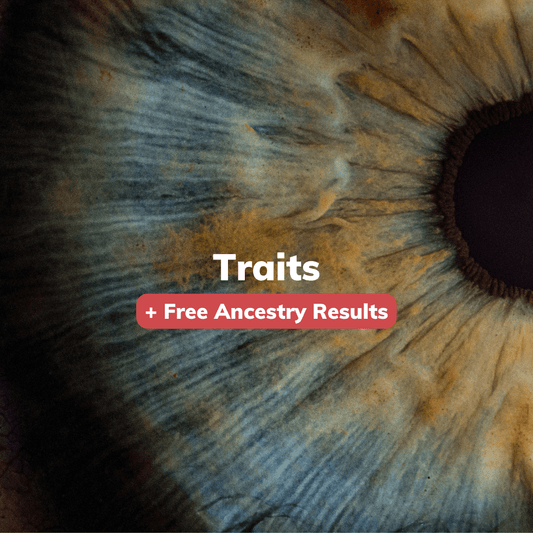
Hypertension (high blood pressure)
Celine HaarhoffHypertension, also known as high blood pressure, is a common condition affecting millions worldwide. It is a significant risk factor for heart disease, stroke, and kidney failure and can lead to serious health complications if left untreated.
While lifestyle factors such as diet, exercise, and stress management play a significant role in the development of hypertension, a person's genetic predisposition can also increase their risk for this condition.
Genetic predisposition to hypertension refers to the inherited genetic variations that make an individual more likely to develop high blood pressure. These variations can be passed down from generation to generation and affect the functioning of various genes involved in blood pressure regulation.
Some of the common genetic variations that increase the risk for hypertension include variants in genes involved in the renin-angiotensin system (RAS), which helps to regulate blood pressure, and genes involved in sodium and potassium balance.
Symptoms of hypertension can be difficult to detect, as it is often called the "silent killer" due to its lack of noticeable symptoms. However, some people may experience headaches, dizziness, blurred vision, and chest pain. In severe cases, hypertension can lead to heart attack, stroke, and kidney failure.
Genetic testing can help identify individuals at an increased risk for hypertension due to their genetic predisposition. This can help in early detection and intervention, which can prevent the development of severe health complications.
Individuals with a family history of hypertension or other risk factors, such as obesity, high cholesterol, and diabetes, may benefit from genetic testing for hypertension. Genetic testing is simple and non-invasive and can be performed through a blood or saliva sample.
The genetic test results can provide valuable information on a person's risk for hypertension and help healthcare providers make informed decisions about their treatment and management.
The American Heart Association recommends that individuals with a family history of hypertension or other risk factors for this condition should be screened for hypertension starting at the age of 18. This can help in early detection and intervention and can prevent the development of serious health complications.
Individuals at an increased risk for hypertension due to their genetic predisposition may need to be screened more frequently and require more aggressive treatment and management strategies.
In conclusion, genetic predisposition to hypertension is an important factor that increases the risk for this common and potentially deadly condition.
Genetic testing can help identify individuals at an increased risk for hypertension and provide valuable information on the specific genetic variations that increase the risk for this condition. Early detection and intervention can prevent serious health complications and help healthcare providers tailor treatment plans to the individual's specific needs.


